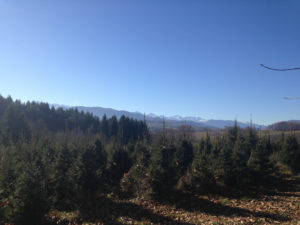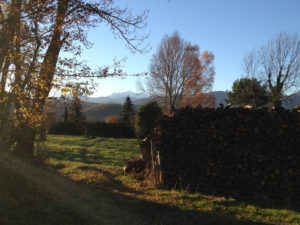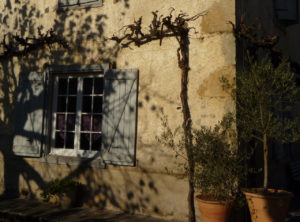According to the OECD, property prices in many advanced economies are at dangerous levels raising the risk of massive price falls if markets overheat. This comes amid predictions of higher interest rates, higher inflation and general political uncertainty worldwide.
The OECD’s report said countries such as Canada, New Zealand and Sweden have all seen rapid increases in house prices over the past few years that were “not consistent with a stable real estate market”. Meanwhile, the EU’s financial risk watchdog recently warned that eight countries in the EU, including the UK, had property markets that risked overheating in the environment of low interest rates.
France, however, has always enjoyed one of the most stable housing markets in the world, with steadily increasing prices rather than dangerous peaks and troughs and, hence, it is still considered to be one of the safest and most secure markets for property investment.
A recent BNP-Paribas report noted that, although ‘France has suffered like most Western countries in the midst of the recent financial and fiscal crises, the country’s real estate sector has remained steady. Property prices in France have increased steadily over the 20th century, and while there have been some notable blips during that time, those investors who are prepared to plan for the long-term should expect more of the same. Despite the drying up of credit, sovereign debt and austerity measures, the French property market has proved that it is robust and sufficiently stable to withstand temporary periods of decline. The French property market is one of the most well-regulated in the world, so British investors should not be too concerned about the country’s long-term outlook’.
In addition, thanks to the dominance of fixed rate mortgages, France’s housing market is likely to be much less prone to sharp upturns and downturns than housing markets in other countries, where variable-rate housing loans are a major source of instability. Variable-rate loans only make up 6% of new loans in France, and around 15.6% of outstanding housing loans, according to the Autorité de contrôle prudentiel et de résolution (ACPR).
France’s lifestyle appeal remains as strong as ever, there are no restrictions on foreign ownership in France, property prices still offer incredibly good value and the country is still one of the most desirable countries in which to own property. So if your dream is to have a house in France, it is still a very sensible dream that makes sense both in terms of quality of life and as a sound financial investment.









You must be logged in to post a comment.